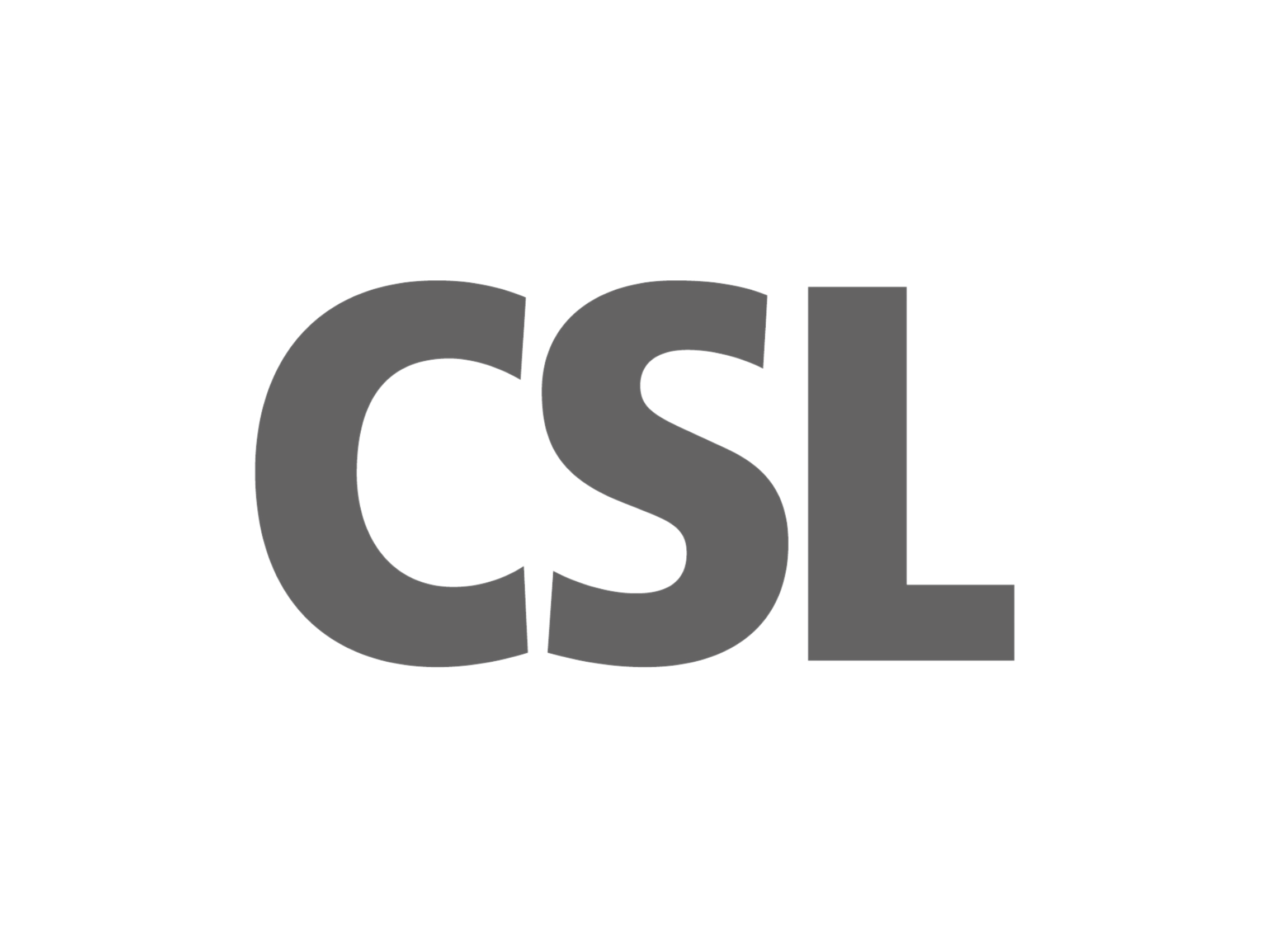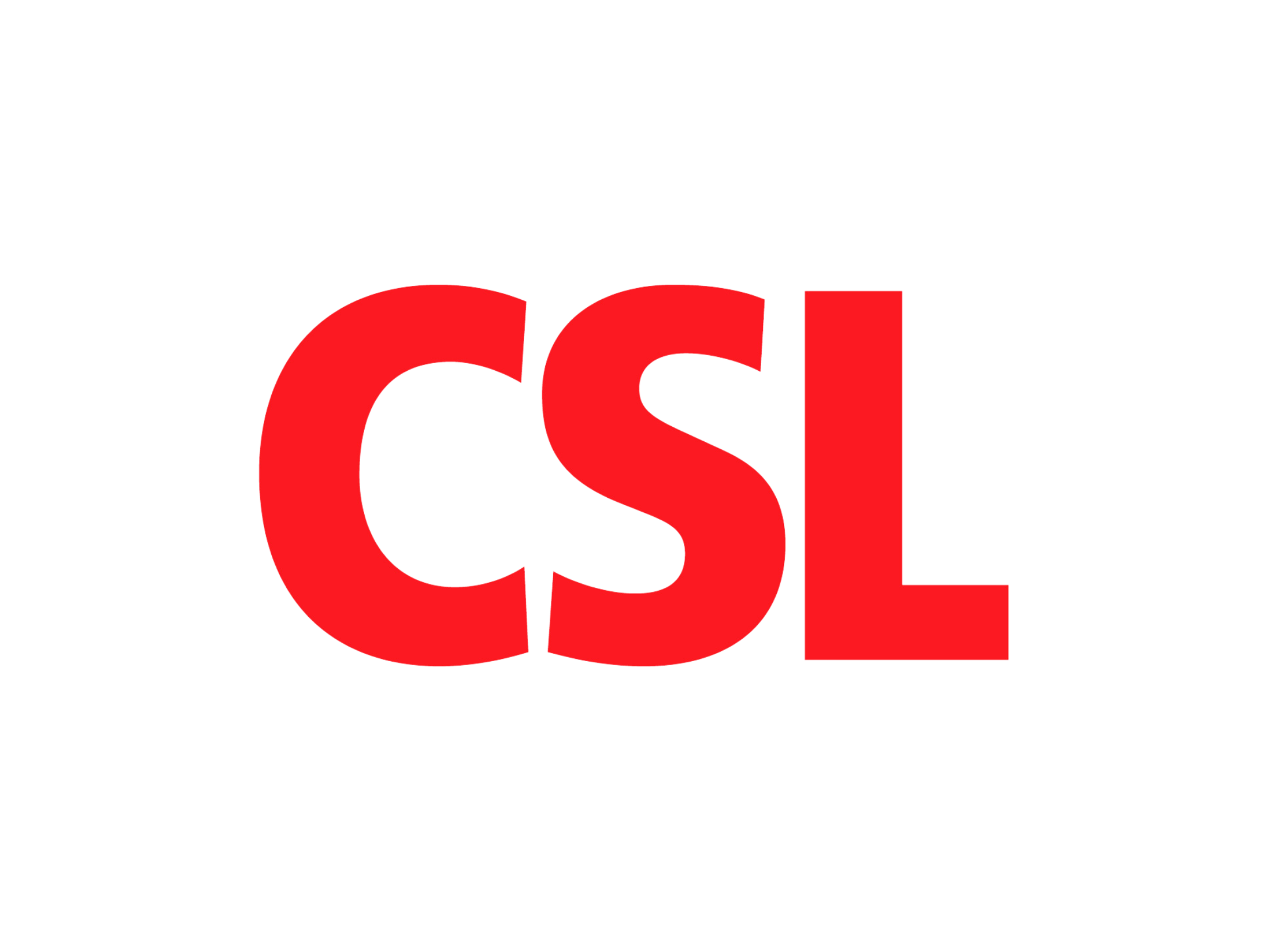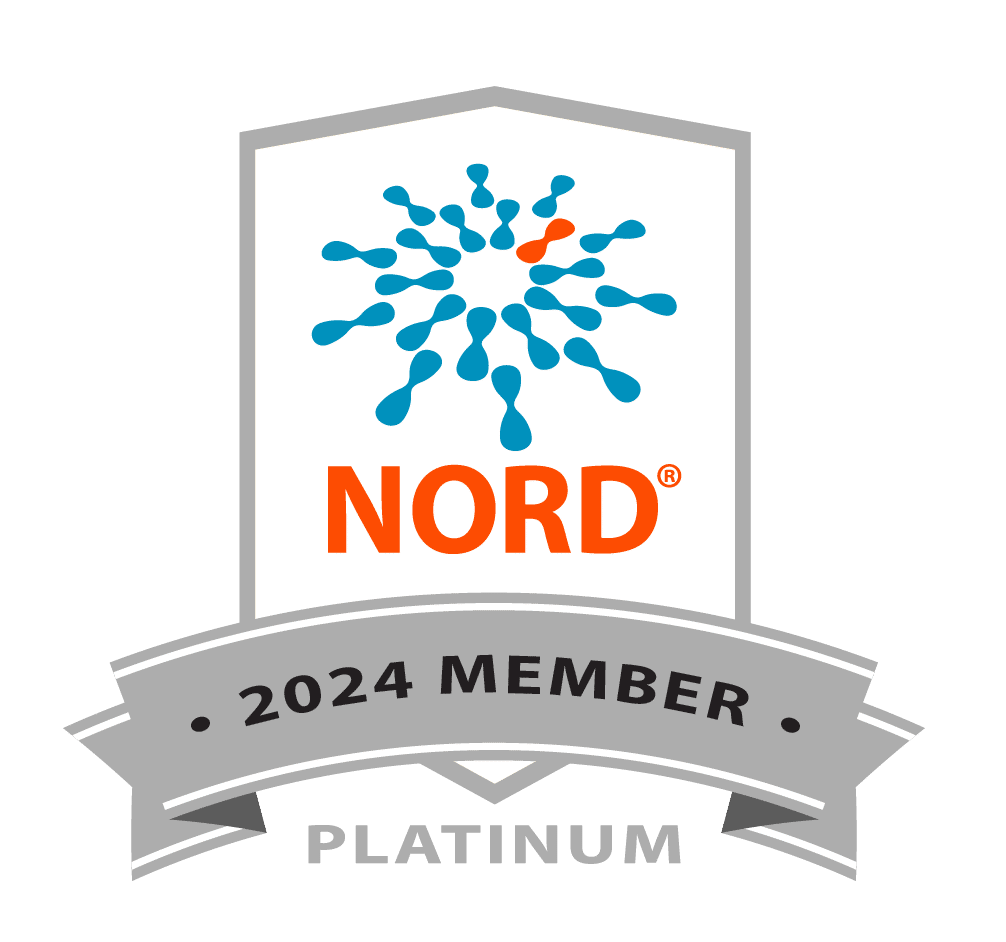STATEMENT UPDATED: March 12, 2020
Please note, this statement is specific to the United States. If you are an individual with Alpha-1 Antitrypsin Deficiency (Alpha-1) living outside the U.S., please see the specific statements from the health agencies and Alpha-1 organizations in your own country.
The current outbreak of 2019 novel coronavirus (SARS-CoV-2) was first identified in China but has now spread internationally, and has become a major health concern for people in the U.S. It is extremely important to keep up with and follow the advice and recommendations of your local, state, and federal agencies.
The disease caused by SARS-CoV-2 is called COVID-19. COVID-19 causes fever, cough, and shortness of breath. When these symptoms worsen or progress, viral pneumonia is usually found in susceptible individuals. It appears that many individuals who have COVID-19 exhibit only mild symptoms and it is possible that people can be infected (and infectious) and have no symptoms at all. Among those who do become ill, they may have been spreading the virus for as long as two weeks before they developed symptoms.
At present there is no specific therapy for COVID-19 and there are no specific groups at greater risk of getting infected. But there are groups who are more likely to get severe disease, to require hospitalization, and to have a greater risk of death. These groups include those with lung disease, diabetes, and heart disease. In addition, age is a factor, with people who are older than 65 years of age more likely to develop severe disease and the risk of death increases with each decade above 60 years of age.
There are general recommendations to help avoid infection and prevent spreading infection to others:
- The best source for specific recommendations and answers to your questions is your own local physician or medical center.
- STAY INFORMED
- CDC is updating its website daily with the latest information and advice for the public. Visit the website.
REMEMBER TO TAKE THESE PREVENTATIVE ACTIONS:
- Maintain “Social Distancing”: When in public (or even with visitors to your home) stay at least 6 feet from other people in your immediate area. Do not shake hands or touch the skin of other individuals. Avoid groups of 10 or more people in a confined space.
- Avoid air travel, cruise ships, and, in areas with high prevalence of infection, public transportation.
- Avoid close contact with people with respiratory illnesses.
- While sick, limit contact with others as much as possible.
- Stay home if you are sick (self-isolation). Family members who live with you should follow exactly the same restrictions as you.
- Cover your nose and mouth when you cough or sneeze. Best is to cover your mouth and nose with a tissue, immediately discard the tissue, and then wash your hands. Avoid touching your eyes, nose and mouth with unwashed hands; germs spread this way.
- Clean and disinfect surfaces and objects that may be contaminated with germs. Coronavirus can spread by cough and the virus can live on solid surfaces for many hours if not disinfected.
- Wash your hands often with soap and water for at least 20 seconds. If soap and water are not available, use an alcohol-based hand rub with at least 60% alcohol, scrubbing all parts of your hands and fingers until dry.
- Try to maintain a two-week supply of food and water at your home.
- If possible, maintain a 90-day supply of prescription medications at your home.
What are specific recommendations for those with Alpha-1?
People with Alpha-1 are likely to be particularly vulnerable to the effects of the COVID-19 infection. Alphas with lung disease are among the groups considered most susceptible to serious complications if they become infected. It is likely that Alphas with liver disease are also at a high risk for serious disease should they become infected.
What should an individual with Alpha-1 do?
The medical team at the Alpha-1 Foundation and AlphaNet has come together to make some specific recommendations for those with Alpha-1. There is no information in the medical literature that relates specifically to COVID-19 and Alpha-1, therefore these recommendations should be considered expert opinions rather than known facts.
The recommendations of the CDC and other federal and local authorities should be followed very strictly by every person with Alpha-1
- As mentioned above, those with liver and lung problems due to Alpha-1 are more likely to develop serious complications from a COVID-19 infection.
- Individuals with severe deficiency (two abnormal genes for Alpha-1) but who do not have liver or lung disease are likely at no more risk of developing serious complications from COVID-19 than the general population, although we do not know this for sure at the present time.
- Similarly, individuals who are carriers of a single abnormal gene for Alpha-1 (MZ, MS, etc.) and who have no lung or liver disease, are likely not at increased risk for serious complications of COVID-19, beyond the above-mentioned risk factors.
For those receiving augmentation therapy:
- The Plasma Protein Therapeutics Association (PPTA) has issued a statement that there is no risk of transmission of COVID-19 through plasma product infusions. Thus far, there have been no augmentation supply delays as a result of COVID-19. PPTA information about plasma products can be found at pptaglobal.org.
- If possible, maintain a 1 to 3 month supply of augmentation therapy at your home or infusion facility in addition to your other prescription medications and oxygen, if needed.
- The Foundation is working with Medicare to try and obtain coverage for home infusions for those currently receiving their infusions in a medical facility.
- If you receive home infusion from an infusion nurse, be diligent and be sure your infusion nurse is diligent in cleaning surfaces used for reconstitution, pooling, and administration of infusions before and after each treatment. Make sure that both your nurse and you follow all the instructions regarding personal protection from transmission including vigorous hand washing and covering coughs and sneezes. Maintain Social Distancing as possible. Try to arrange that your nurse visits you first on the day of infusion to avoid bringing in infection from other homes.
- For those considering participation in clinical trials of new drugs for Alpha-1 that require you to stop your augmentation therapy before, during, and/or after the trial, we recommend that you strongly evaluate whether to consent for such trials until the COVID-19 problem has been resolved. For those already participating in such a trial, we encourage you to discuss the risks and benefits of continued participation with the study investigator and team.
For Alpha-1 patients who have received a lung or liver transplant:
- Transplant recipients take medications that suppress their immune system and therefore make them more susceptible to certain infections. It is reasonable to be concerned about an increased risk of complications including organ injury should a transplanted patient develop COVID-19 infection.
- The only relevant information we have at the present time is that other coronavirus infections, such as those causing the common cold, are not more severe or more common, or more injurious in transplant recipients than in the general population.
- At this point, the medical team at the Alpha-1 Foundation does not believe it is necessary for transplant recipients to take special precautions other than the many recommendations above to protect themselves from COVID-19 infection.
- Transplant recipients should contact their transplant center should they develop symptoms of consistent with COVID-19 infection.
- Transplant recipients should contact their transplant center with any questions or concerns.
The Alpha-1 Foundation and AlphaNet are following the situation and will continue to keep the Alpha-1 community updated.
IF YOU FEEL SICK with fever, cough, or difficulty breathing, seek medical advice. Before you go to a doctor’s office, health facility, or emergency room, call ahead and tell them about any recent travel, exposures, and your symptoms. It is likely that widespread testing for SARS-CoV-2 will be instituted in the U.S. over the coming weeks, including ‘drive-through’ testing centers. If you have concerns about any symptoms, get tested when available.
*Please continue to check the Alpha-1 Foundation website www.alpha1.org for continuous updates on the coronavirus and scheduled Foundation events.











